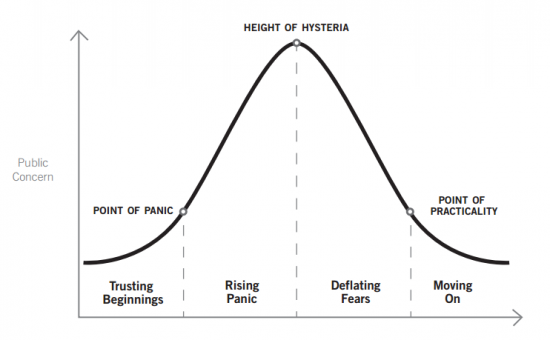This article originally appeared at techfreedom.org.
Today, Rep. Michael McCaul (R-TX) and Sen. Mark Warner (D-VA) introduced legislation to create a blue ribbon commission that would examine the challenges encryption and other forms of digital security pose to law enforcement and national security. The sixteen-member commission will be made up of experts from law enforcement, the tech industry, privacy advocacy and other important stakeholders in the debate and will be required to present an initial report after six months and final recommendations within a year.
In today’s Tech Policy Podcast, TechFreedom President Berin Szoka and Ryan Hagemann, the Niskanen Center’s technology and civil liberties policy analyst, discussed the commission’s potential.
“I see this commission as an ideal resting place for this debate,” Hagemann said. “Certainly what we’re trying to avoid is pushing through any sort of knee-jerk legislation that Senators Feinstein or Burr would propose, especially in the wake of a new terrorist attack.”
“I share the chairman’s concerns that since we’re not making any headway on these issues in the public forum, what is really needed here is for Congress to take some level of decisive action and get all of the people who have something to gain as well as something to lose in this debate to just sit down and talk through the issues that all parties have,” he continued.
“I think it’s going to come out and say that there is no middle ground on end-to-end encryption, but it’s probably going to deal with the Apple situation very specifically,” Szoka said. “I think you’re going to see some standard that is going to be probably a little more demanding upon law enforcement than what law enforcement wants under the All Writs Act.”


 The Technology Liberation Front is the tech policy blog dedicated to keeping politicians' hands off the 'net and everything else related to technology.
The Technology Liberation Front is the tech policy blog dedicated to keeping politicians' hands off the 'net and everything else related to technology.